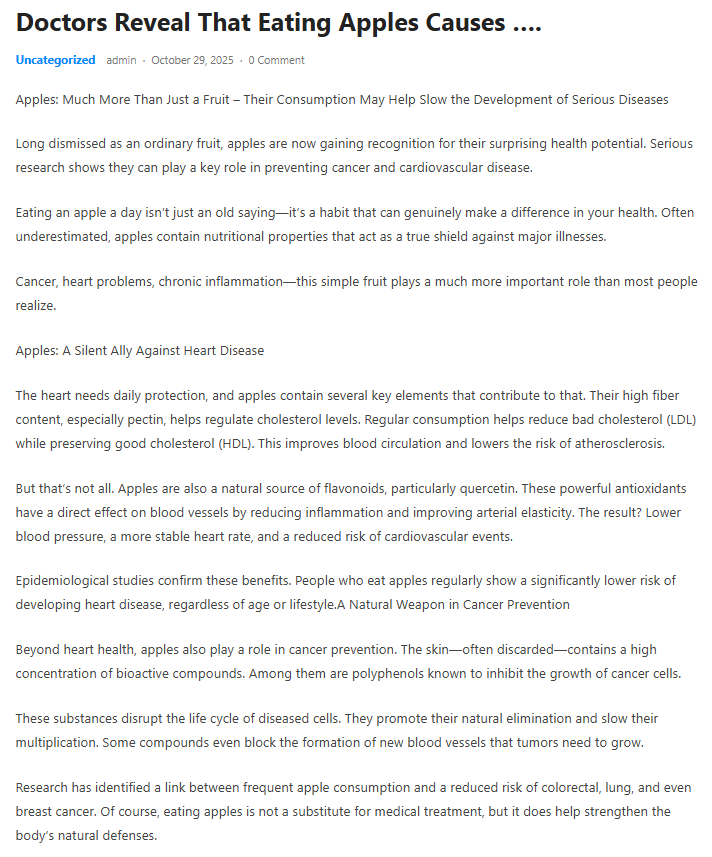If you’ve ever felt drained, foggy, or mentally sluggish even after a full night’s sleep, your first thought might be that you need more caffeine, more rest, or even a new diet. But there’s another crucial factor that often goes unnoticed — electrolyte balance.
Electrolytes are more than just a sports drink buzzword. They’re essential minerals that help your body function at every level, from keeping your heart beating to allowing your brain cells to communicate efficiently. When they’re out of balance, you can feel tired, dizzy, unmotivated, and unable to think clearly — even if everything else seems fine.
In today’s world, where stress, coffee, processed food, and dehydration are common, maintaining balanced electrolytes is one of the simplest yet most powerful ways to boost energy and mental clarity.


What Are Electrolytes, and Why Are They So Important?
Electrolytes are electrically charged minerals — mainly sodium, potassium, magnesium, calcium, and chloride — that dissolve in your body’s fluids. They carry electrical signals that allow your cells to do their jobs.
Every thought you have, every muscle contraction, every heartbeat — all rely on these minerals to pass signals between cells. Without enough electrolytes, or if their ratios are off, communication between cells becomes sluggish, and the effects ripple through your entire body and brain.
For example:
- Sodium regulates fluid balance and nerve signaling.
- Potassium controls muscle contractions and energy production.
- Magnesium supports brain function, relaxation, and stress response.
- Calcium plays a role in memory and nerve transmission.
When these minerals fall below optimal levels, you might not just feel physically tired — your brain can feel foggy, disconnected, and slow to process information.
The Link Between Electrolytes, Energy, and Fatigue
You might think fatigue always comes from lack of sleep or overexertion, but electrolyte imbalance is an often-overlooked cause of tiredness.
Your body’s cells produce energy through a process that depends on proper hydration and mineral exchange. When you’re low on sodium or potassium, your cells can’t efficiently bring nutrients in or push waste products out. As a result, energy production stalls — and you feel sluggish even if you’ve eaten well or rested.
Magnesium is another key player. It’s involved in over 300 enzyme reactions, many of which generate ATP — the molecule your cells use for energy. Low magnesium levels are associated with chronic fatigue, muscle weakness, and even anxiety or poor sleep.
How Electrolyte Imbalance Triggers Brain Fog
The brain is one of the most electrolyte-sensitive organs in the body. Neurons communicate through electrical impulses that depend on balanced levels of sodium, potassium, and calcium. When those levels shift, communication slows down.
If you’ve ever felt mentally foggy after sweating a lot, drinking too much water without replenishing minerals, or skipping meals, that’s a classic sign of electrolyte depletion. Your neurons literally don’t have the charge they need to transmit signals efficiently.
Symptoms can include:
- Trouble focusing or remembering details
- Slower reaction times
- Feeling detached or spacey
- Headaches or dizziness
- Irritability or confusion
Even mild imbalances — not enough to cause medical emergencies — can impact cognitive performance throughout the day.
Everyday Causes of Electrolyte Imbalance
You don’t have to be an athlete to lose electrolytes. Modern lifestyles make imbalance surprisingly common:
- Excessive hydration without minerals
Drinking large amounts of plain water can dilute sodium and other electrolytes, especially during intense exercise or hot weather. - High caffeine or alcohol intake
Both act as diuretics, causing your body to flush out essential minerals. - Stress and lack of sleep
Chronic stress increases cortisol, which alters how your body retains or excretes sodium and potassium. - Sweating and heat exposure
Even light sweating over long periods — such as from walking, working outdoors, or exercising — can deplete sodium, potassium, and magnesium. - Poor diet
Processed foods tend to be high in sodium but low in potassium and magnesium. Natural foods like fruits, vegetables, and nuts help restore balance.
Signs You May Need Electrolyte Rebalancing
If you frequently experience any of these symptoms, your electrolytes might be out of sync:
- Chronic fatigue or mid-day energy crashes
- Brain fog or poor concentration
- Headaches or lightheadedness
- Muscle cramps or twitching
- Increased thirst or dry mouth
- Difficulty sleeping or relaxing
- Irritability or anxiety
These are your body’s subtle ways of asking for mineral support — long before any serious medical issue develops.
How to Naturally Maintain Electrolyte Balance
1. Hydrate Smartly
The key isn’t just drinking water — it’s drinking balanced fluids. Add a pinch of high-quality sea salt and a squeeze of lemon to your water, or choose a clean electrolyte powder that includes sodium, potassium, and magnesium without excess sugar.
If you’re exercising heavily or sweating, replenish electrolytes throughout the day rather than waiting until after.
2. Eat Whole, Mineral-Rich Foods
Electrolytes are abundant in natural foods. Some of the best sources include:
- Sodium: Sea salt, olives, bone broth, pickled vegetables
- Potassium: Bananas, avocados, sweet potatoes, spinach, yogurt
- Magnesium: Almonds, pumpkin seeds, dark chocolate, leafy greens
- Calcium: Sardines, tahini, kale, fortified plant milks
A balanced diet with plenty of vegetables, fruits, and whole foods typically provides a strong baseline of minerals.
3. Limit Processed Foods and Excessive Sugar
Refined sugars and processed snacks can cause insulin spikes that disrupt how your body regulates sodium and potassium. Over time, this contributes to dehydration and fatigue.
4. Support Recovery After Exercise
After a workout, your body loses fluids and electrolytes through sweat. Drinking plain water alone can actually worsen fatigue if it dilutes sodium levels. Rehydrate with an electrolyte beverage or a homemade mix containing salt, lemon, and a touch of honey to support both hydration and energy.
5. Manage Stress and Sleep
Stress hormones directly affect electrolyte retention. Prioritize rest, meditation, and magnesium-rich foods to calm your nervous system and help your body maintain mineral equilibrium.
The Brain-Body Connection: Electrolytes and Mental Energy
Your brain consumes about 20% of your body’s energy, and electrolytes are central to that energy flow. When they’re balanced, nerve impulses fire smoothly, neurotransmitters work efficiently, and mental clarity improves.
Studies show that even mild dehydration — as little as 1–2% fluid loss — can impair attention, short-term memory, and mood. Keeping electrolytes steady helps the brain stay alert, focused, and resilient under stress.
Many people notice that when they begin hydrating properly with minerals, their “afternoon slump” fades and mental sharpness lasts longer. It’s not magic — it’s physiology working as intended.
A Simple Electrolyte Drink for Daily Focus
You can easily make your own natural hydration drink at home:
- 2 cups of water (or coconut water for extra potassium)
- 1/8 teaspoon sea salt
- Juice of half a lemon or lime
- 1 teaspoon honey or maple syrup
- A pinch of magnesium citrate powder (optional)
Mix well and sip throughout the day, especially during periods of stress, long work hours, or exercise. Many people report an almost immediate lift in energy and concentration.
The Bottom Line
Balanced electrolytes aren’t just for athletes or people in hot climates — they’re fundamental to everyone’s physical and mental well-being. When your electrolytes are in harmony, you feel it: stable energy, sharp thinking, steady mood, and a sense of vitality that coffee alone can’t provide.
Ignoring them, on the other hand, can quietly drain your energy reserves and cloud your mind.
By hydrating wisely, eating nutrient-rich foods, and being mindful of lifestyle factors that deplete minerals, you can prevent fatigue and brain fog naturally — and feel more focused, energetic, and clear-headed every day.



